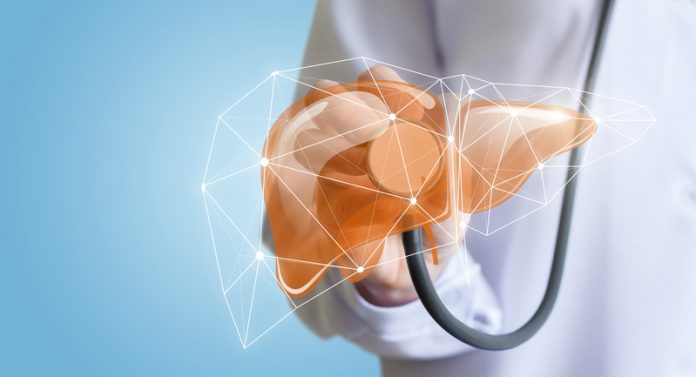Digital liver scanning technology could almost halve the number of biopsies carried out on people with fatty liver disease, according to a study
A study led by the University of Birmingham and University of Edinburgh provides evidence that using the non-invasive technology as a first-line test can rule out the need for further liver tests, and could stop patients having unnecessary biopsies.
The authors concluded that 458 out of every 1,000 liver biopsies could be avoided if people are first assessed using scanning technology. They also calculated it could potentially save the NHS around £150,000 per 1,000 patients.
In this study, 50 patients and six healthy volunteers at Queen Elizabeth Hospital in Birmingham and Royal Infirmary of Edinburgh underwent digital image scanning, and the results were processed by clinical and imaging specialists.
A summary of three biochemical characteristics of the liver as well as the images were then used as a new way of helping doctors to diagnose fatty liver disease.
Professor Gideon Hirschfield, of the University of Birmingham, said: “It is clear that there is a rising burden of liver disease, particularly from non-alcoholic fatty liver disease. Our study is of importance to evaluating the best pathways to offer patients who need evaluation of their liver health.
“Whilst liver biopsy remains an important part of advanced Hepatology practice, clearly we need better non-invasive tools at our disposal to evaluate the nature and severity of liver disease.
“In this work we were able to compare and contrast different approaches to this challenging problem and show where scanning technology could help contribute to optimised diagnostic, prognostic and treatment pathways.”
LiverMultiScan
CEO of Perspectum Diagnostics Dr Rajarshi Banerjee said: “A LiverMultiScan can help a patient see liver disease and act on it. Digital health will improve the way we practice medicine; in this case, a painless scan is clearly safer than a biopsy needle, and is far better suited to monitoring patients.
“We are proud to be leading the way in providing more patient-centric solutions for people with liver disease that helps them and their doctors make informed decisions about their care.”
References:
University of Birmingham. “Digital liver scanning technology could halve the number of liver biopsies needed in the NHS.” ScienceDaily. ScienceDaily, 15 February 2018. <www.sciencedaily.com/releases/2018/02/180215162219.htm>











